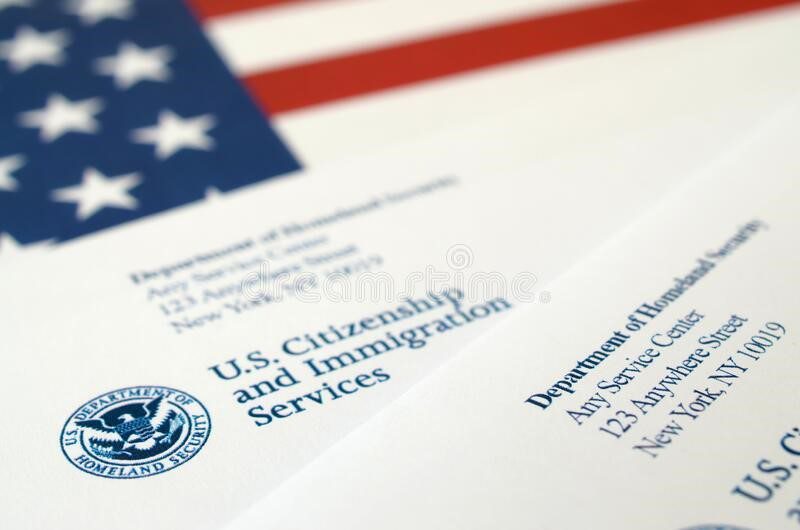There is a common misconception that an immigration attorney who has been retained to prepare and file an employment-based immigration case only represents the employer. That is not true. The attorney actually represents both the petitioning employer and the employee beneficiary, a concept known as “dual representation.â€
For example, prior to 1992, the change of status process (COS) from F-1 to H-1B required the filing of both the employer’s petition (Form I-129) and the filing of the employee’s COS request (Form I-506). The attorney would prepare these forms for each party. The fact that legacy INS merged these two forms into the current version of the Form I-129 does not change the fact that there are two distinct legal steps in the COS process.
This dual representation implicates two fundamental principles in the attorney-client privilege. Attorneys have a duty of loyalty to their clients, and when an attorney represents multiple clients in the same case, that attorney is required to be loyal to each client. Attorneys also have a duty of confidentiality towards their clients, and when an attorney represents multiple clients in the same case there cannot be secrets between those clients; any communication from one client to the attorney generally has to be revealed to the other client(s).
Dual representation in the context of U.S. employment-based immigration law is convenient because the relevant interests of the employer and the employee coincide: the employer wishes to employ the employee, and the employee wishes to be employed by the employer. Both employer and employee share the same objective.
However, conflicts can arise. For example, an employer may only be interested in sponsoring its employees for nonimmigrant status, while the employee would like to later apply for permanent residence; an employee may wish to transfer to a different employer; and either the employer or employee may wish to terminate the employment relationship. Such conflicts may require the attorney to terminate representation of the employer, the employee, or both parties.
In the vast majority of cases, an attorney’s dual representation of both the employer and employee is only beneficial, and allows the case to be processed more efficiently and effectively. Nevertheless, it is important to recognize that dual representation exists and that an attorney has professional duties that must be afforded to each client.
Alexander Farquhar
Senior Associate Attorney – Dallas, Texas
Tidwell, Swaim & Farquhar, P.C.



